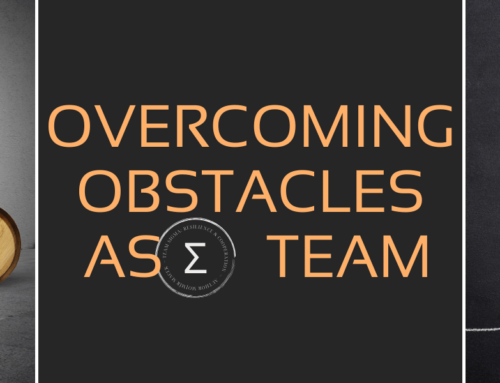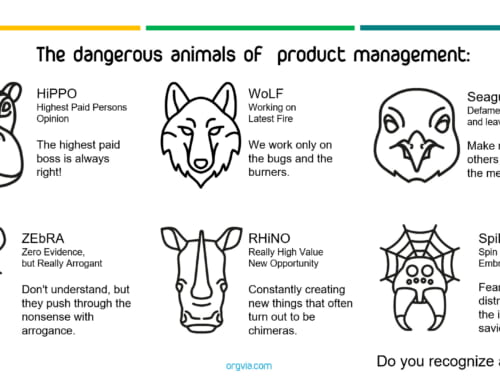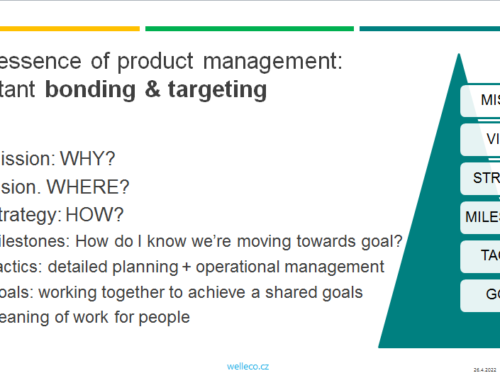This article explores the concept of psychological safety and its role in building a resilient and cooperative team culture. It could provide tips for creating a psychologically safe workplace environment and highlight the benefits of doing so for team performance and well-being.
Psychological safety has gained increasing attention in recent years as a critical component of building successful teams. Psychological safety refers to the belief that one can speak up, share ideas, and take risks without fear of negative consequences. In other words, it is the sense of safety and comfort that team members feel when expressing themselves in the workplace.
The importance of psychological safety cannot be overstated when building a resilient and cooperative team culture. When team members feel psychologically safe, they are more likely to share their ideas and perspectives, take risks, and collaborate effectively. This can lead to greater innovation, improved problem-solving, and, ultimately, better team performance.
Creating a psychologically safe environment in the workplace requires deliberate effort and a focus on developing key strategies and skills. One important strategy is to encourage open communication and active listening among team members. This can involve creating opportunities for team members to share their thoughts and ideas, as well as actively soliciting feedback and input from all team members.

Another important strategy is to foster a culture of respect and inclusivity. This can involve promoting diversity and recognizing the unique contributions that each team member brings to the table. Additionally, it is important to establish clear boundaries and expectations around respectful communication and behaviour within the team.
There are numerous benefits to creating a psychologically safe workplace environment. In addition to improving team performance and productivity, psychological safety also leads to greater well-being and job satisfaction for team members. By feeling safe and supported at work, team members are more likely to be engaged, motivated, and committed.
In summary, psychological safety is a critical component of building a resilient and cooperative team culture. By creating a safe and supportive environment in which team members feel free to express themselves, take risks, and collaborate effectively, teams can achieve better performance, productivity, and well-being. By actively working to foster psychological safety within their teams, leaders can help to create a workplace culture that promotes success and growth for all team members.






